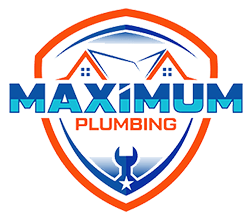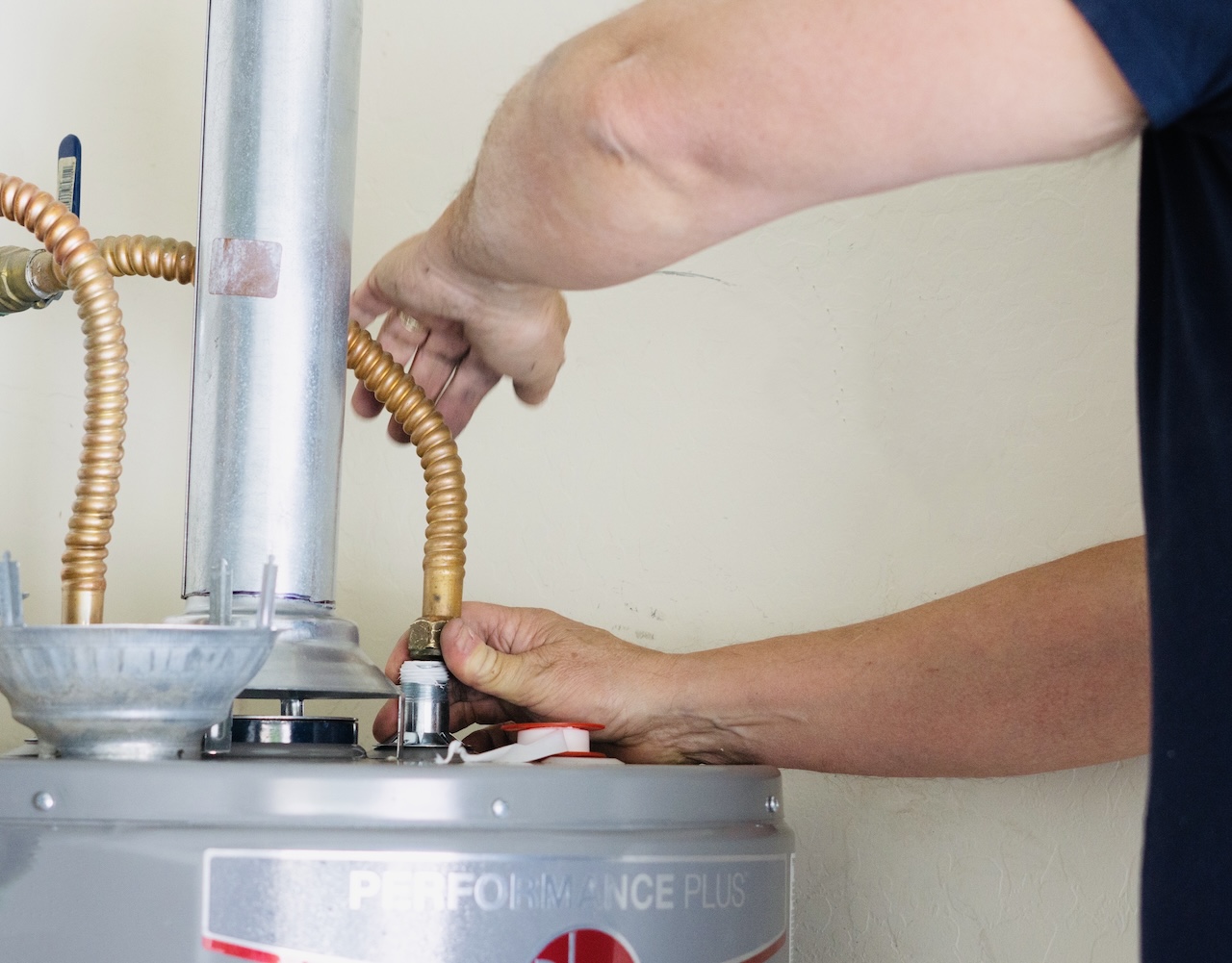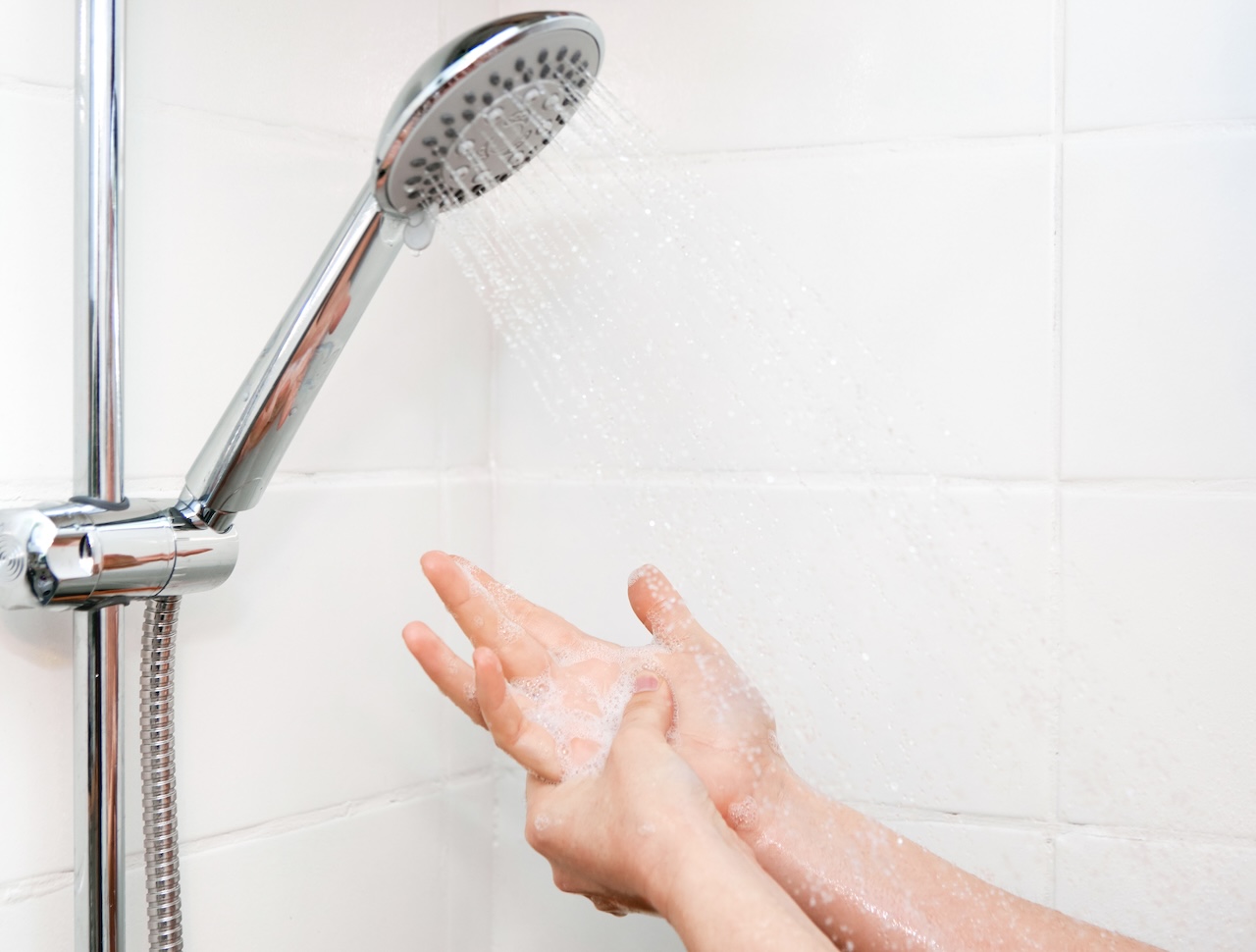Your water heater is one of the hardest-working appliances in your home, silently ensuring you have warm showers, clean dishes, and fresh laundry. It’s easy to forget about—until it suddenly stops working.
Regular water heater maintenance is essential to keep your system running efficiently, avoiding unexpected breakdowns, and extending its lifespan. But how often does your water heater actually need service? And what happens if you don’t maintain it? Here’s everything you need to know.
Why Regular Water Heater Maintenance Matters
Proper maintenance does more than just prevent cold showers. It ensures that your water heater operates more efficiently, reducing energy bills. According to the U.S. Department of Energy, water heating accounts for about 18% of a typical home’s energy use, ranking as the second-largest household expense. An inefficient system can significantly increase that percentage.
Regular servicing can help identify any mechanical issues or inefficiencies so you can address them before it becomes a problem—thereby extending the lifespan of your unit, and potentially saving you thousands in early replacement costs.
How Often Should You Service Your Water Heater?
The general rule of thumb for water heater maintenance is annual servicing. However, how often you need maintenance can depend on several factors, including:
- Water Hardness: If you live in an area with hard water, sediment can accumulate faster, requiring more frequent flushing and maintenance.
- Water Heater Type: Tankless water heaters tend to need servicing less often than traditional tank models, though they still require periodic descaling to ensure proper function.
- Usage: A family of five may rely on their water heater far more than a single individual, meaning they may need more frequent servicing.
If you’re unsure, consult your manufacturer’s recommendations or a professional plumber to determine the best maintenance schedule for your specific unit.
Key Maintenance Tasks During a Service
During a professional water heater maintenance appointment, a plumber will typically perform the following:
- Flushing the Tank: Removing sediment buildup to improve efficiency and prevent corrosion.
- Inspecting the Anode Rod: This metal rod helps prevent rust inside the tank. If it’s deteriorated, it needs to be replaced.
- Checking and Adjusting the Temperature: Ensuring the thermostat is set to a safe and efficient level (usually 120°F).
- Testing the Pressure Relief Valve: Ensuring the valve can release pressure safely to prevent damage or accidents.
- Looking for Leaks or Corrosion: Identifying minor issues before they escalate into costly repairs.
Should You Flush Your Water Heater’s Tank Regularly?
The short answer is yes. Over time, sediment from your water supply can settle at the bottom of your tank—if not removed, this sediment creates a barrier between the burner and the water, making the unit work harder and less efficiently. It can also lead to tank corrosion and leaks.
Flushing your water heater at least once a year can prevent these issues. While it’s possible to flush a water heater yourself, a professional plumber can do it more thoroughly and identify any underlying issues during the process.
What Happens If You Skip Maintenance?
Let’s take a closer look at what can happen if you neglect proper water heater maintenance:
- Decreased Efficiency: Sediment buildup forces your water heater to use more energy, driving up utility bills.
- Shortened Lifespan: Neglecting maintenance can cause irreversible damage, such as corroded tanks or failing components, leading to premature replacement.
- Cold Showers: Without proper care, your water heater may struggle to keep up with demand, leaving you with lukewarm or cold water.
- Safety Hazards: Faulty pressure valves or gas leaks pose serious risks, including water damage and even potential explosions.
The Importance of Preventative Maintenance
Preventative water heater maintenance is your best defense against the inconvenience and cost of sudden breakdowns. It’s not just about extending the life of your water heater—it’s about ensuring consistent performance and safety. By addressing minor issues during routine maintenance, you can avoid major repairs down the line.
Simple DIY steps include checking for leaks, listening for unusual noises like rumbling, and adjusting the thermostat if the water temperature needs fixing. However, for in-depth servicing, always rely on a professional plumber. Their expertise ensures every component of your water heater is inspected, cleaned, and tested for optimal performance.
Protect Your Hot Water—Call Maximum Plumbing Today!
Regular water heater maintenance is the key to ensuring a reliable, efficient, and long-lasting system. Don’t wait until you’re left without hot water. Whether you need a full maintenance service or have questions about your water heater, the experts at Maximum Plumbing are here to help.
Call us today to schedule your water heater service and experience the benefits of professional care. Your water heater (and your wallet) will thank you!




